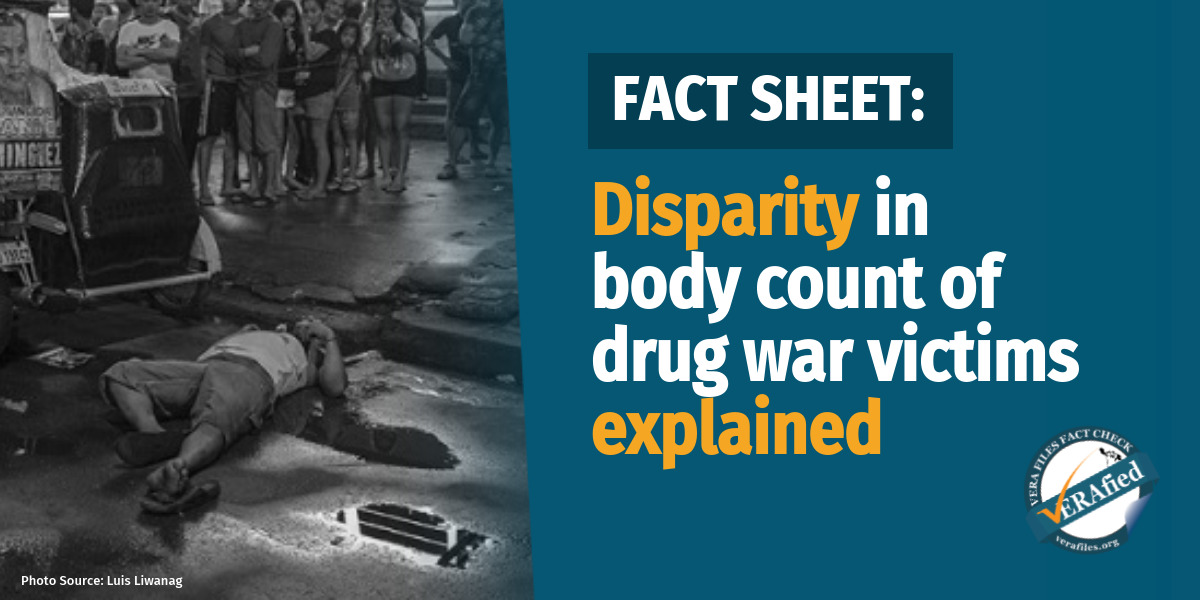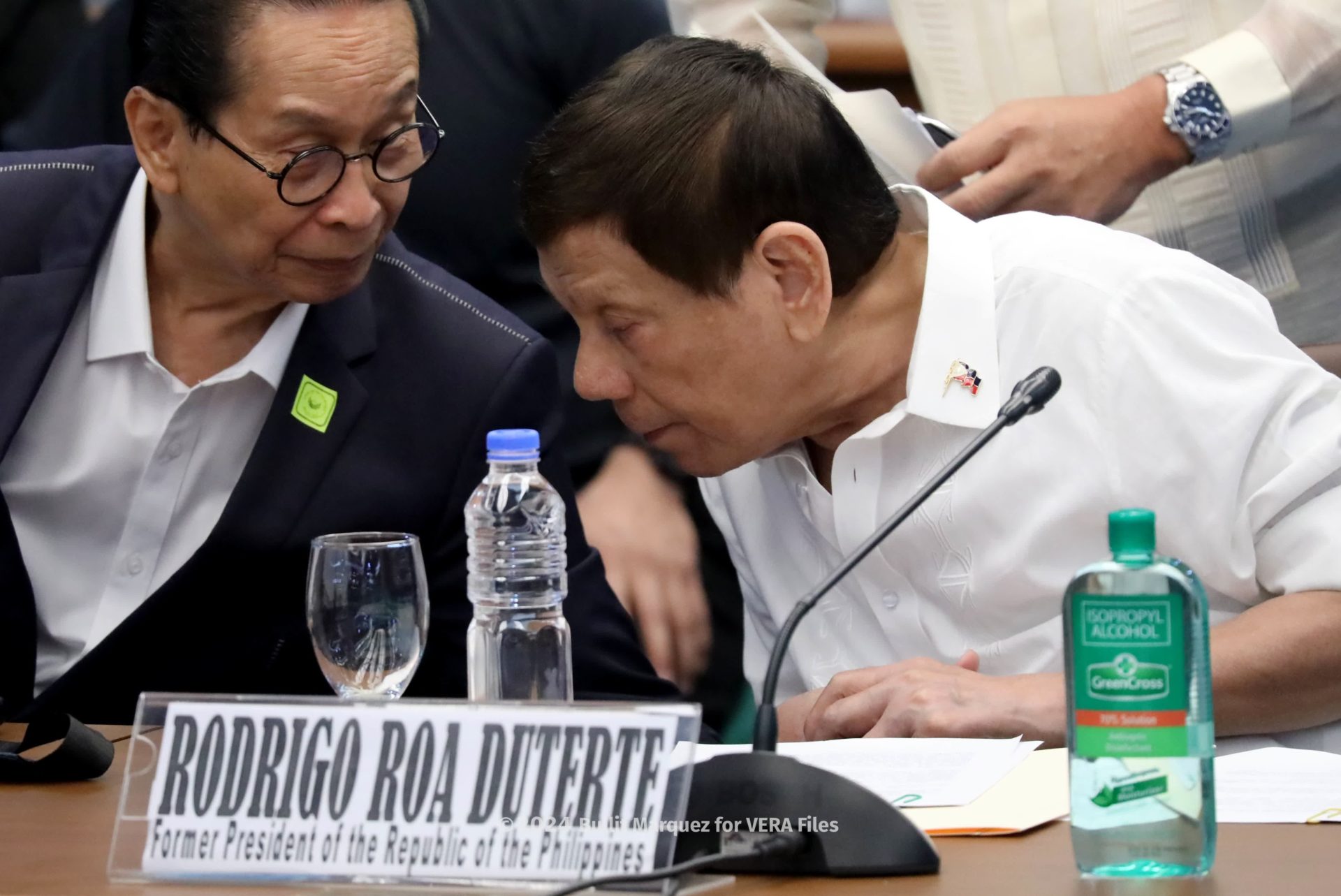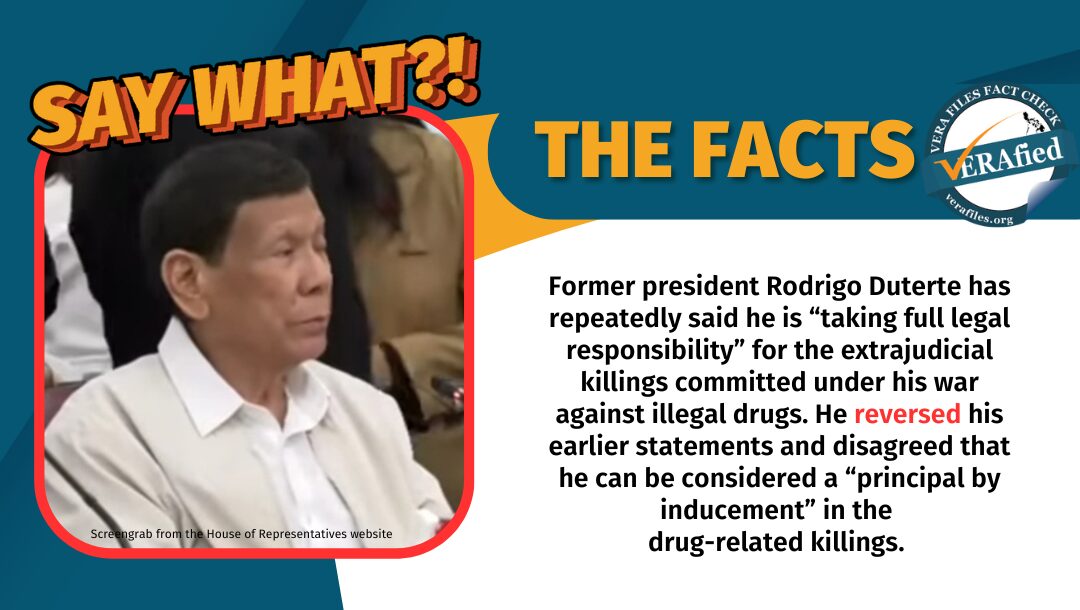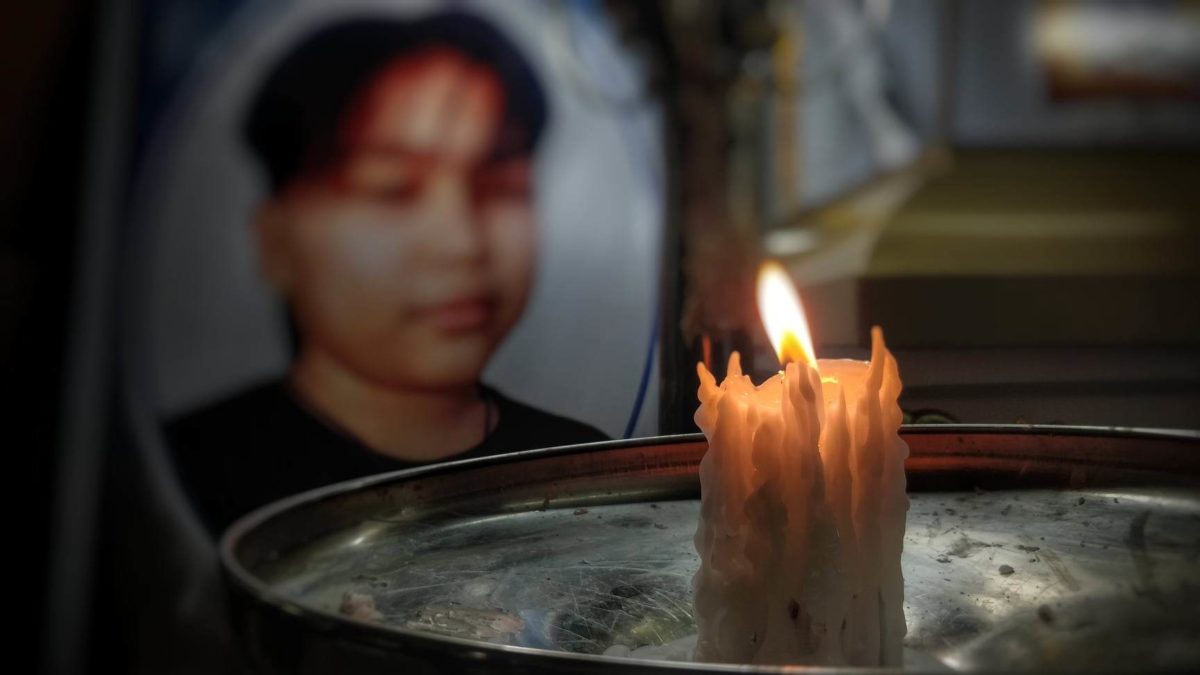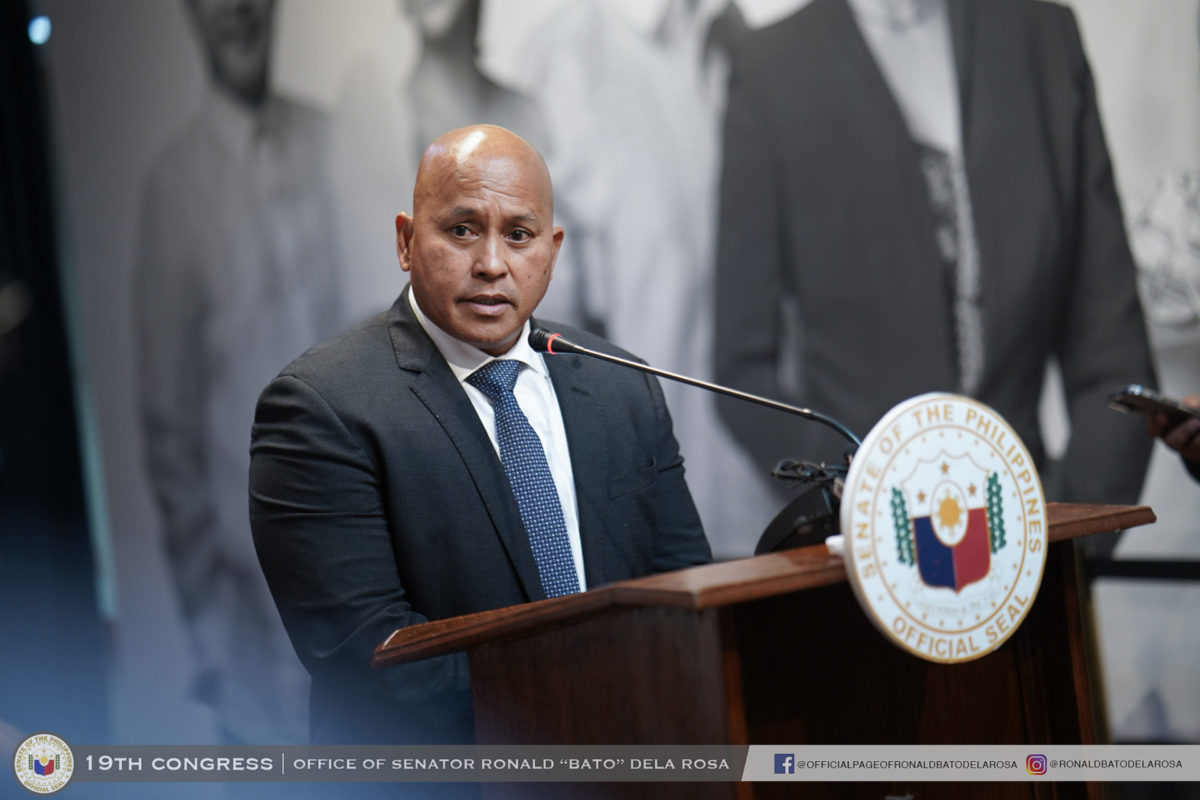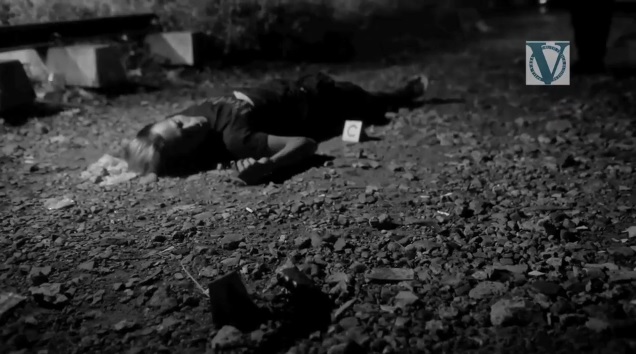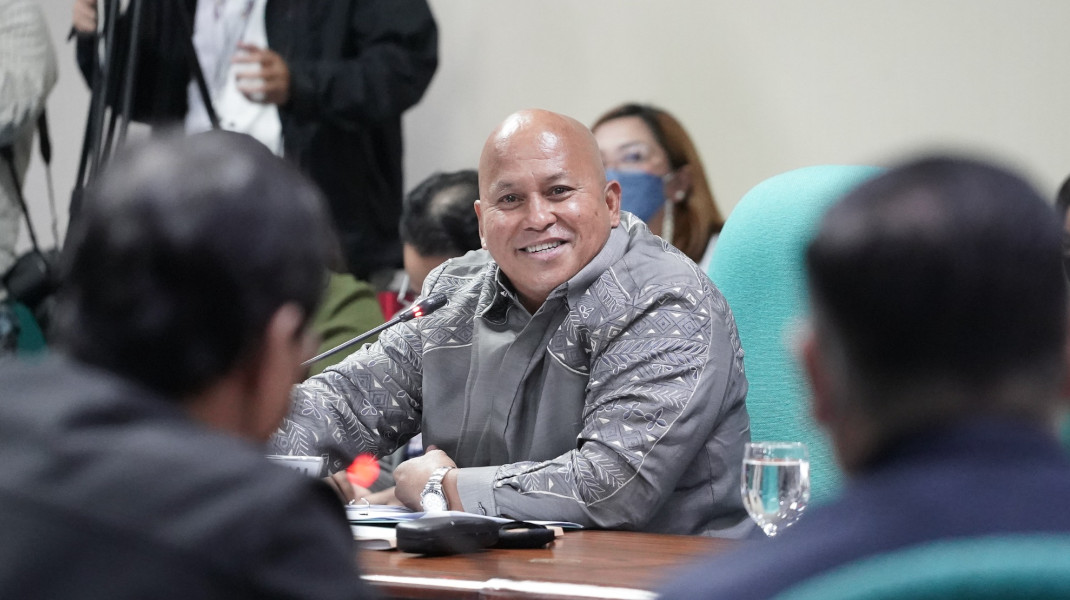The Marcos administration has revamped the government’s anti-drug campaign in a bid to focus on demand reduction and rehabilitation of users, as opposed to the all-out war that led to the death of thousands of Filipinos in the Duterte administration’s war on drugs.
On Nov. 28, Interior Secretary Benhur Abalos asked the public to support the government’s program called Buhay Ingatan, Droga’y Ayawan (BIDA) to eradicate illegal drugs in the country. He vowed to fill prisons with drug peddlers who destroy the future of the youth and their families.
The revised approach comes nearly two weeks after the Human Rights Watch (HRW) criticized the Philippine National Police (PNP) for “downplaying” the deaths in the war on drugs.
In a statement, HRW Deputy Director for Asia Phil Robertson called out the PNP after its police chief, Gen. Rodolfo Azurin Jr., described as “very minimal” the 46 drug-related deaths that have so far been recorded since the Marcos administration assumed office on June 30. Robertson said the police count is smaller than the 127 suspected drug personalities from June 30 to Nov. 17 monitored under the Dahas Project of the Third World Studies Center in the University of the Philippines (UP) Diliman.
Why does the PNP have a different count from human rights and special interest groups? Here are three things you need to know:
1. How many Filipinos have died from the war on drugs?
Under the Marcos administration, Azurin said on Nov. 14 that 46 drug suspects have so far died in 18,505 anti-drug operations. He said 32 of those deaths resulted from police operations and 14 from those of the Philippine Drug Enforcement Agency (PDEA).
On the other hand, Dahas, a monitoring project on reported killings by the Third World Studies Center, recorded 127 deaths committed by both state and non-state agents during the same period, from June 30 to Nov. 15.
In its latest count, Dahas Project reported 161 killings as of Dec. 7. It claimed that drug-related killings during the first five months of President Ferdinand Marcos Jr. in office had already surpassed the 149 deaths in the last six months of former president Rodrigo Duterte. (See Drug killings under Marcos Jr. surpass those killed in last six months of Duterte)
When it marked its first 100 days last October, the Marcos administration declared that its drug war was “less bloody” and “more holistic” than that of the previous dispensation which drew international scrutiny, especially the “tokhang” raids under the PNP’s “Project: Double Barrel” campaign.
The present administration did not continue the tally of deaths from the Duterte administration. The most recent update of #RealNumbersPH, the Duterte administration’s “unitary” report on the progress of the drug war, shows that 6,252 persons died in 239,218 drug operations from July 1, 2016 to May 31, 2022.
The Duterte administration started publishing an official tally of drug war fatalities only in May 2017 when it launched #RealNumbersPH.
However, human rights groups and Prosecutor Karim Khan of the International Criminal Court (ICC) have a higher estimate of around 12,000 to 30,000 deaths in and out of police operations.
2. Why does the Dahas Project have a different drug war count compared to that of the PNP?
According to Third World Studies Center researcher Joel Ariate Jr., the PNP does not count the killings of suspected drug personalities by non-state agents. He said the difference in the government’s count is the reason why they do not see the need to cross-check their data with the police.
Unlike the police, the Dahas Project reports cases involving unidentified suspects — those who were seen by witnesses or authorities but were unnamed — and unknown assailants such as in the cases of found bodies of individuals whose deaths were allegedly due to involvement in the illegal drug trade. Dahas said the government’s failure to account for deaths outside anti-drug operations “offers a limited view of how the drug war accumulates its fatalities.”
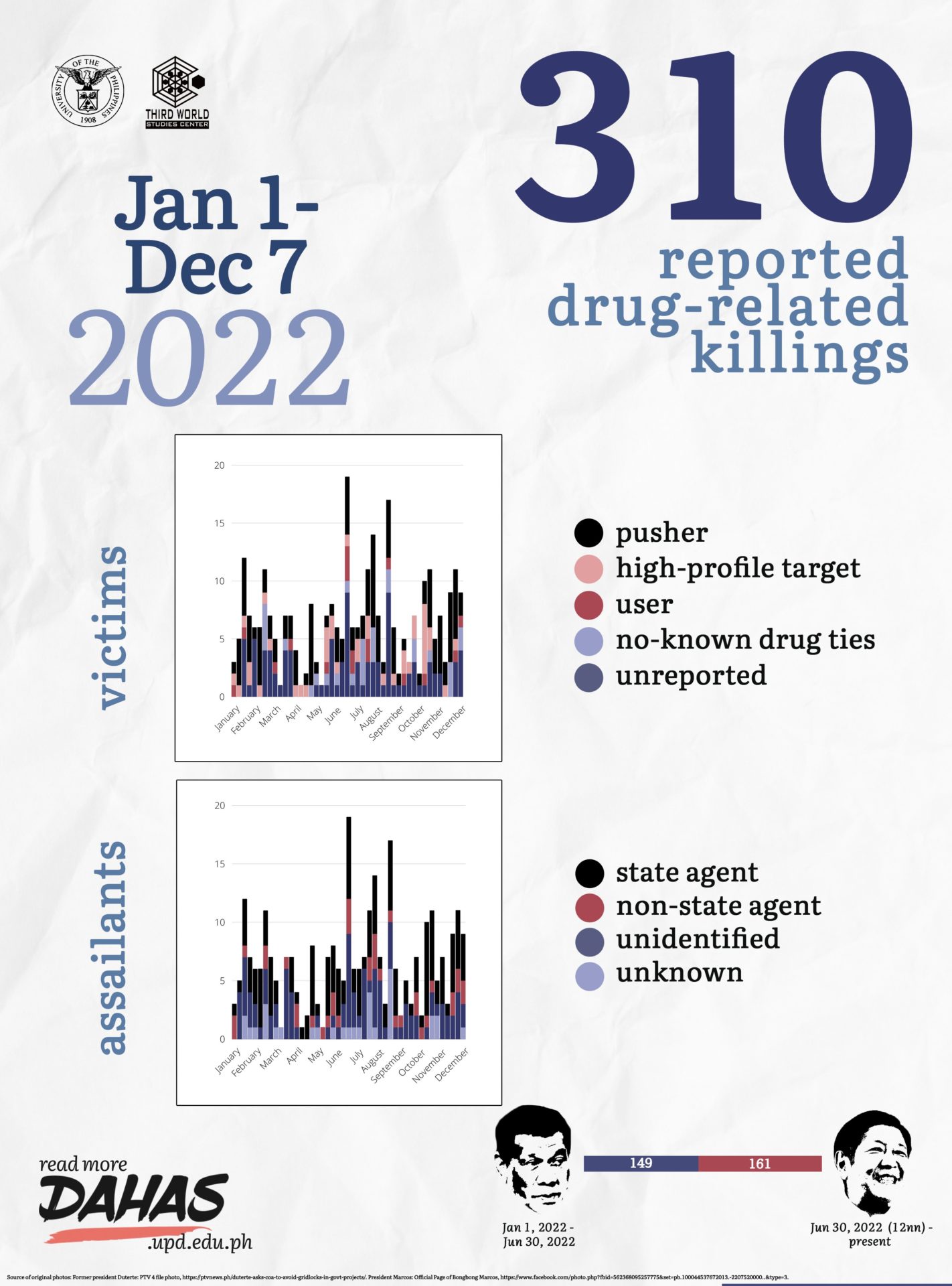
Dahas sources its data from news reports. Ariate told VERA Files Fact Check in an email that the Third World Studies researchers consider news reports as data sources because these contain information coming directly from the local police. Dahas clarified that it does not aim to come up with an accurate tally of deaths but simply to visualize the trends and how the numbers increased dramatically.
On the other hand, the PNP reports only the deaths that occurred during drug stings that involve suspects who allegedly resisted arrest. PNP data are still subject to validation by PDEA, the lead agency in the government’s anti-illegal drugs campaign. #RealNumbersPH attributes to PDEA all data on deaths during drug operations.
In a Nov. 21 interview, PNP spokesperson Col. Jean Fajardo denied HRW’s accusation that the police understates the number of fatalities in its anti-drug operations. She stressed that the PNP has a system of collecting information from all police operations every day.
3. Why is counting the drug war deaths important?
The Dahas Project said recording drug-related killings is a “step toward seeking accountability from its perpetrators.”
In September 2021, the ICC authorized the launch of an investigation into alleged crimes against humanity in the Duterte administration’s drug war. See ICC authorizes full-blown probe into Duterte’s drug war
Due to lack of transparency and inconsistencies in the number of drug-related deaths in the previous administration, various institutions, such as the academe and media outlets, initiated their own tallies. These include the “Kill List” of the Philippine Daily Inquirer” and “MAP, CHARTS: The Death Toll of the War on Drugs” by ABS-CBN News in 2016, and the Drug War Archive by a research consortium composed of universities such as UP Diliman and De La Salle University.
In 2018, the Supreme Court (SC) ordered the PNP and the Office of the Solicitor General (OSG) to share documents with the lawyer of the families of victims in San Andres Bukid, Manila regarding the 16,355 “homicides under investigation” from July 1, 2016 to Sept. 30, 2017, and 3,967 “drug personalities who died in anti-drug operations” from July 1, 2016 to Nov. 30, 2017, as indicated in the key accomplishments of the Duterte administration’s war on drugs in 2017.
The PNP and the OSG complied with the SC order but Centerlaw, which represented the families, said the documents it received were “rubbish” and not drug-related cases. See Centerlaw says OSG, PNP gave them ‘rubbish’, files contempt charge
Two years after the 2017 report was released, the Duterte administration denied that 16,355 homicides under investigation were drug-related cases. See FACT CHECK: PCOO Asec. Rafael-Banaag contradicts official gov’t data on drug war
